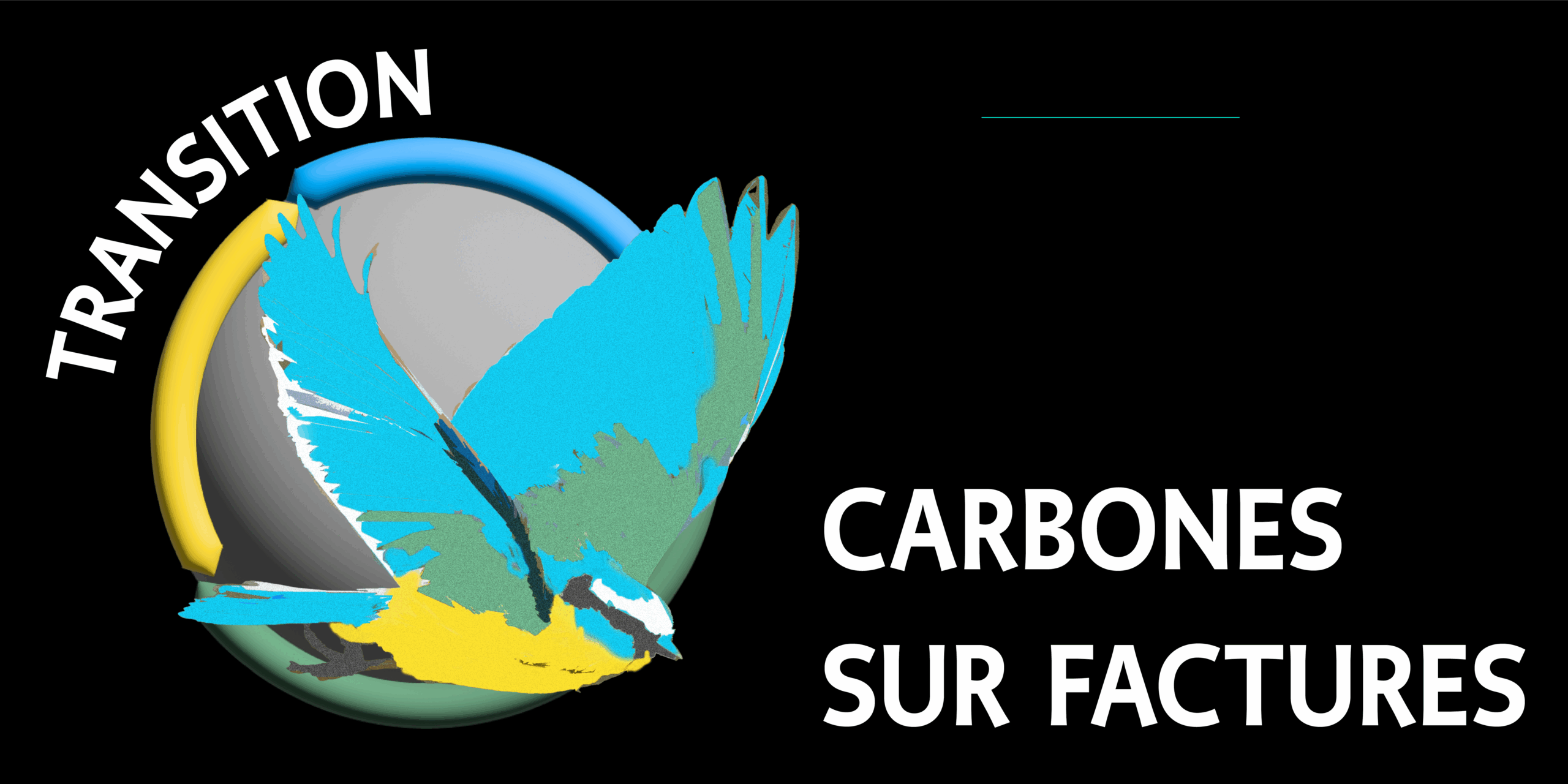An answer to climate disruption : Carbon on the invoices
The 2050 Climate Trajectory calls for the mobilisation of everyone: individuals, companies, banks, associations, public authorities, etc. One condition is that everyone should know the carbon emissions associated with each purchase or investment decision: that the label and invoice of each product should show the precise and reliable weight of its carbon footprint alongside the price.
Calculating these weights is currently too complicated and highly inaccurate: the non-partisan initiative Carbon on Bills makes the calculation both reliable and simple, thanks to the e-invoicing and accountants.
How does it work?
- The electronic invoice, which is currently being generalised, transmits the weight of each product from one company to another, along the production and distribution chain.
- The producers of primary carbon (hydrocarbons, livestock, etc.) indicate them: they are the only carbon that is really injected into the economy.
- The company’s accountant adds up the weights of the suppliers’ invoices and breaks them down into the products sold on the invoices to customers: the system feeds itself to the final buyer.
- Importers must also provide the footprint of foreign products, either through an approved assessment or a customs scale.
The carbons on the invoices change everything for the climate trajectory.
- Individuals can bring climate competition to their providers or large institutions, and track their own climate contribution.
- Companies get much more useful information with much less effort.
- Accountants get a new and rewarding responsibility. But it is essential that the community helps small companies (which currently have no climate reporting obligation) to take on this additional accounting service.
- Finance gains a simple and reliable tool for channelling finance towards the climate transition and for valuing their own climate contribution.
- Political authorities gain a precise measure (which makes other tools less necessary or more effective: incentives, taxes, regulations, etc.) and which is not socially divisive (the incentives weigh on the strongest people and institutions).
The community around the website carbones-factures.org brings together people and institutions who want to push this initiative of collective interest.
Most campaign materials and discussions on this web site are presently in French, but we move it to English or other languages. Il you can help, please contact us on contact@carbones-factures.org Thank you !
